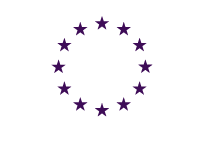ABOUT THE EW@W CAPACITY
DEVELOPMENT PLATFORM
G7 countries have committed to reduce gender gaps in labour force participation by 25 per cent by 2025. Since many multinational corporations have their headquarters in G7 countries, creating positive impacts and results for women’s economic empowerment at the highest level of corporations can have important ripple effects for their operations and supply chains across the world.
The EW@W Capacity Development Platform help to advance the G7 gender agenda by training and developing awareness, knowledge, illustrative practices and lessons learned in some of the priorities for the future of women at work: equal pay for work of equal value, work-life balance and care, and violence and harassment in the world of work.
The EW@W Capacity Development Platform has been developed as part of the WE EMPOWER G7 Project, funded by the European Union (EU); implemented by UN Women and the International Labour Organization (ILO), in collaboration with its training arm, the International Training Centre (ITCILO).
KEY GUIDING PRINCIPLES
The key EQUALITY INTERNATIONAL LABOUR STANDARDS. They provide tools to eliminate discrimination in all aspects of work and in society as a whole. They also provide the basis upon which gender mainstreaming strategies can be applied in the field of labour. In addition, the promotion of labour, employment, social protection, freedom of association and collective bargaining policies are crucial to support workers in non-standard and new forms of work, including those engaged in the gig-economy.
Equality is your business: THE BUSINESS CASE FOR GENDER EQUALITY. Recent research indicating that achieving gender equality can add to the global economy and bridge the digital skill gap. Gender diversity at all levels of the organization leads to increased profitability, productivity, and organizational effectiveness.
The world of work is undergoing a major process of change. Gender equality and women’s economic empowerment is at the heart of THE FUTURE OF WORK. Countries must prepare people for jobs of the future and companies around the world are competing for the most talented people.
All businesses stand to benefit from greater equality for women. Governments and companies need to align to international and national labour standards and go beyond. Companies also need to commit to the seven WOMEN’S EMPOWERMENT PRINCIPLES (WEPs) to emphasize the business case for corporate action to promote gender equality.
Multinational enterprises play a critical role in the globalized economy. The Tripartite Declaration of Principles concerning Multinational Enterprises and Social Policy (MNE DECLARATION) provides guidance on a range of topics relevant for gender equality. The ‘Business and Decent Work: an introduction to the MNE Declaration’ E-learning course provides further information on its approach, recommendations and operational tools.


